Philippines




1. Activities (2023- )
| Month/ Year | Places (Prefecture, etc.) | Activities |
| 2024/11/26 | Tsukuba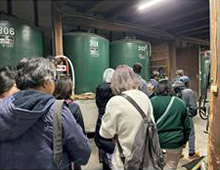 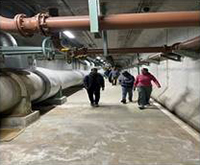 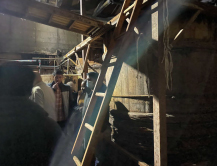 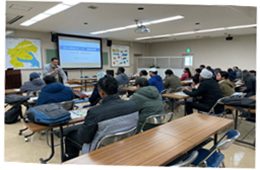 |
The participants visited a water treatment plant, a sake brewery, and a soy sauce brewery in the Kasumigaura Lake region to explore the potential of biotechnology in advancing a sustainable society. During the internship, they learned how biological processes are applied and managed. They also gained insight into agrotourism by studying the rich history of sake and soy sauce fermentation, discovering how these traditions are deeply intertwined with Japanese culture and Have contributed to the local community. |
| 2024/08/10-08/14 | Shanghai (China)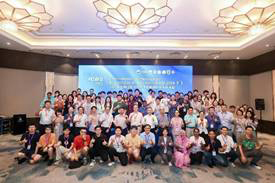 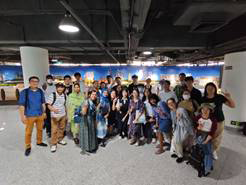 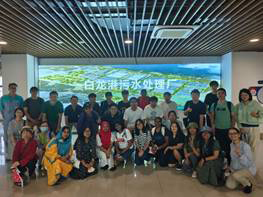 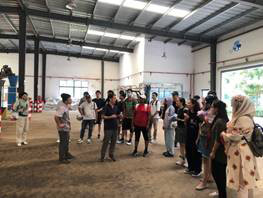 |
From August 10 to 11, the students attended the International Conference on Bioprocess and Sustainability 2024 (ICBS2024) organized by Shanghai Academy of Environmental Sciences, Tongji University, Shanghai University, Tsinghua University, Nankai University, Hainan University and University of Tsukuba. In this conference the students had a good communication with the 18 invited professors and about 300 participants on the advancements of biological processes and their contributions to sustainable development goals (SDGs). In the following three days, the students firstly visited Shanghai Mengqing Theme Park where they acquired the history of water pollution, sewage collection, and management in Shanghai. During the visit to Shanghai Bailonggang Wastewater Treatment Plant (WWTP), the largest WWTP in Asia, the students learned how this largest WWTP treats about one-third of the sewage and sludge produced in Shanghai and gradually improves its sustainability. In Shanghai Qingpu Agricultural Park, they deeply understood how the local farmers environmentally friendly manage their farmland including irrigation system and agricultural wastes with improved crop productivity and quality in the context of SDGs. |
| 2024/07/30-08/01 | Tohoku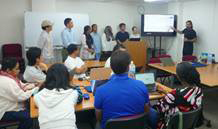 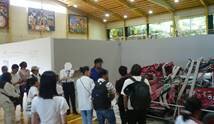  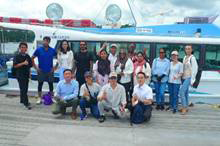 |
The participants visited disaster remains and museums in Miyagi and Iwate Prefectures to learn about the actual damage caused by the earthquake and tsunami of the Great East Japan Earthquake. The participants visited the Matsushima Coast and learned about the importance of tourism resources in the recovery process. Furthermore, they learned about the differences in disaster prevention efforts among various countries. |
| 2024/02/26 | Saitama & Tochigi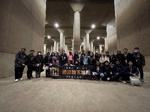 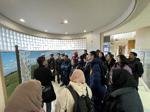 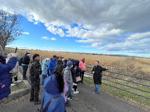 |
The participants visited the Metropolitan Area Outer Discharge Channel, which is designed to reduce flood disasters in the upstream areas from the Edo River to the Tone River. They collected information and exchanged views about its functions, effectiveness and costs about this world’s largest underground flood management facility. They also visited Watase Artificial Wetland, a Ramsar site, to gather information and exchange views about flood control, water supply, history of copper poisoning incident, wetland ecosystem and the role of annual controlled burning practices. |
| 2024/02/19-02/22 | Taiwan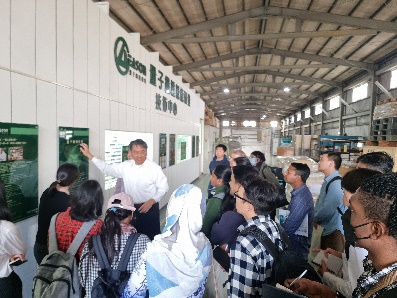 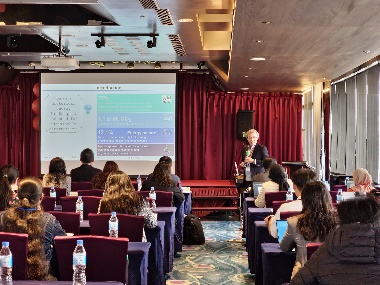 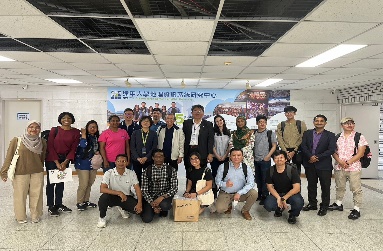 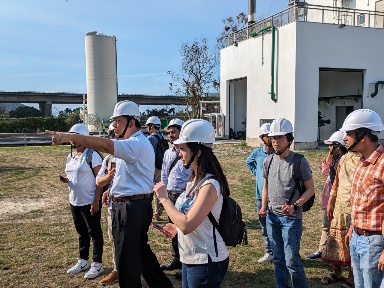 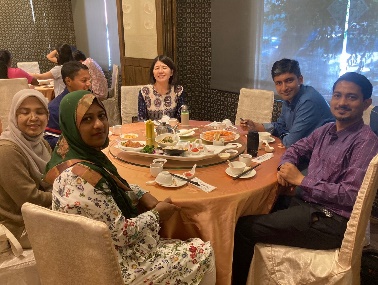 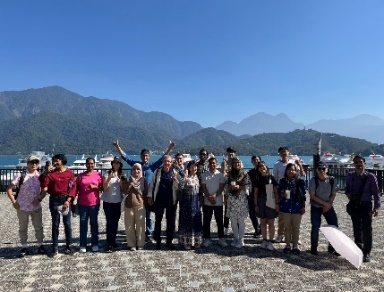 |
The filed study promoted international exchanges for r different disciplines, especially integrated solid waste management, material science, technology innovation for small island economy, and ways to meet sustainable development goals through the collaboration of industry, educational institutions, and local community members. Participants learned from different green technology institutes at Feng Chai University especially related to bioplastics and GIS. They also learned about international platform for biotechnology professionals to share technologies and research achievements through collaboration to develop relevant technologies in the bioenergy sector. |
| 2024/01/31 | Tokyo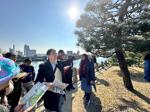 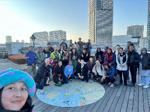 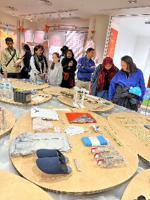 |
The participants visited areas in and around Tokyo to learn about flood and disaster preparedness and exchange views. In Tokyo, the participants gathered information about super levees along the Sumida River and the disaster prevention measures. Shioiri Park is located on the super levee that is designed for the evacuation site with emergency camp sites. They also visited Tokyo Rinkai Disaster Prevention Park in Tokyo Bay to experience disaster measures within 72 hours. Regarding private sector disaster management measure, they observed newly established Azabudai Hills. |
| 2023/12/02, 12/8 | TSUKUBA, Research Institute 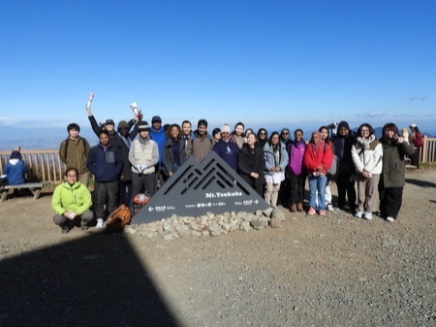 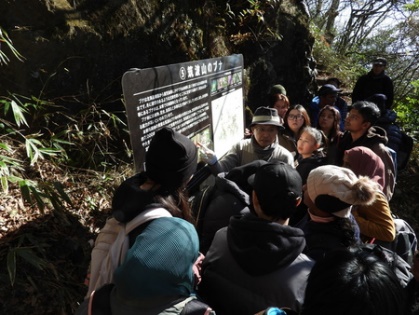 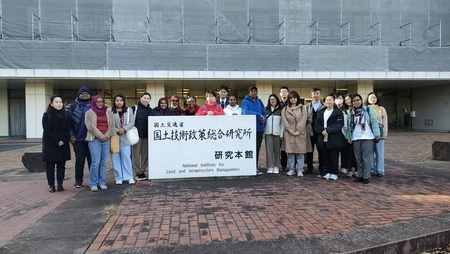 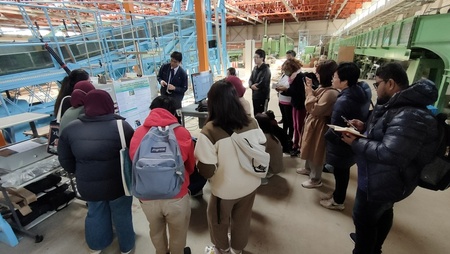 |
Tsukuba and received on-site explanations from Dr. Tanaka, an expert on the impact of climate change on beech forests in the area (2 Dec). At the National Institute for Land and Infrastructure Management (NILIM), the participants received training on sediment disasters and their countermeasures from Dr. Yamakoshi Director of the Erosion Control Research Office, and toured the experimental facilities. ibid. (8 Dec.). This enabled us to comprehensively enhance our knowledge on climate change issues from three perspectives: forecasting, natural effects (ecosystems) and social effects (disasters). |








